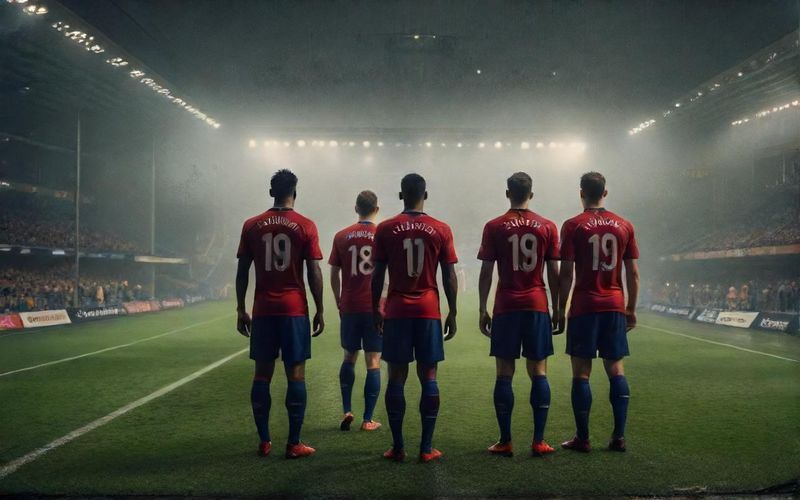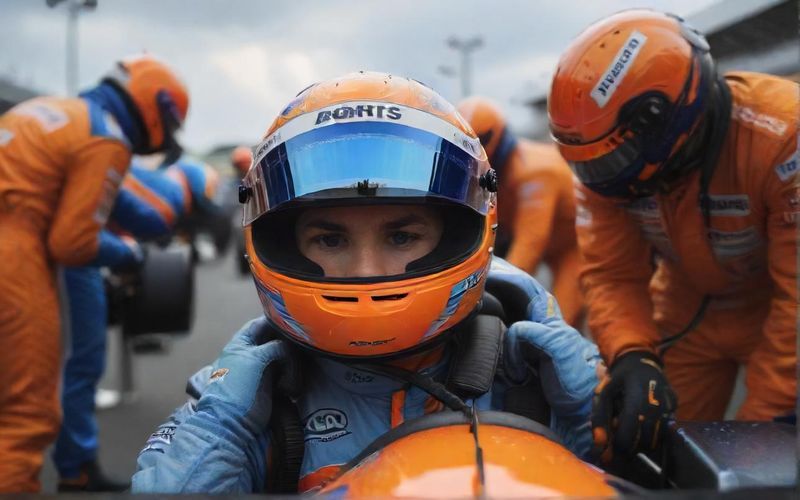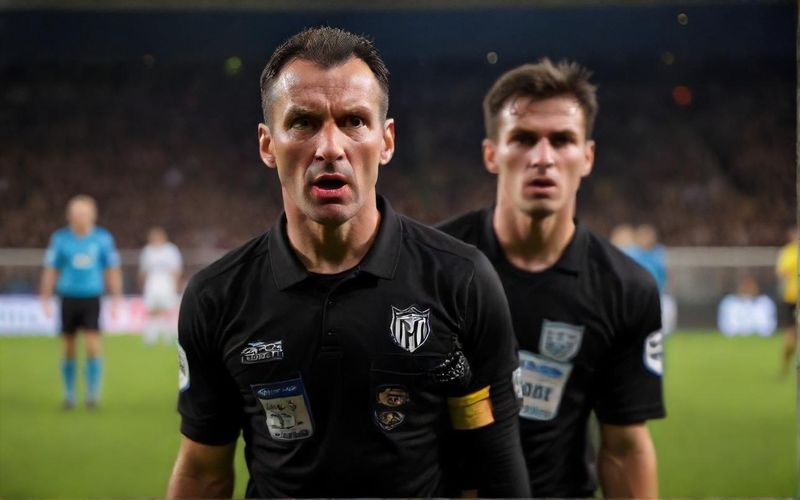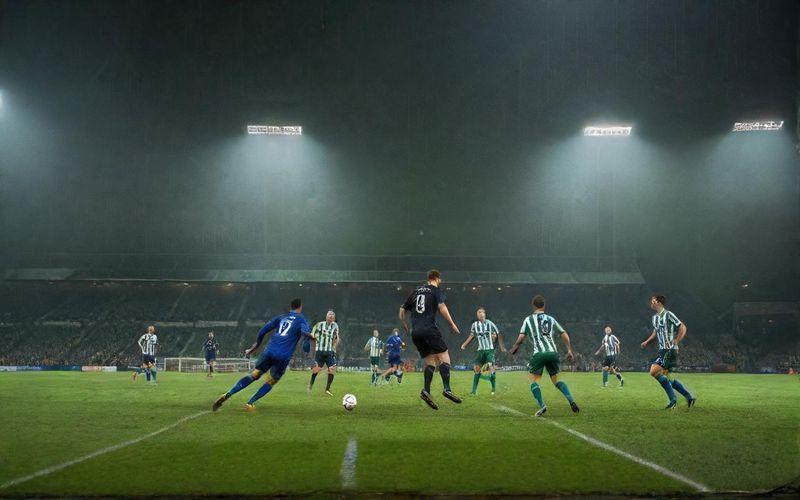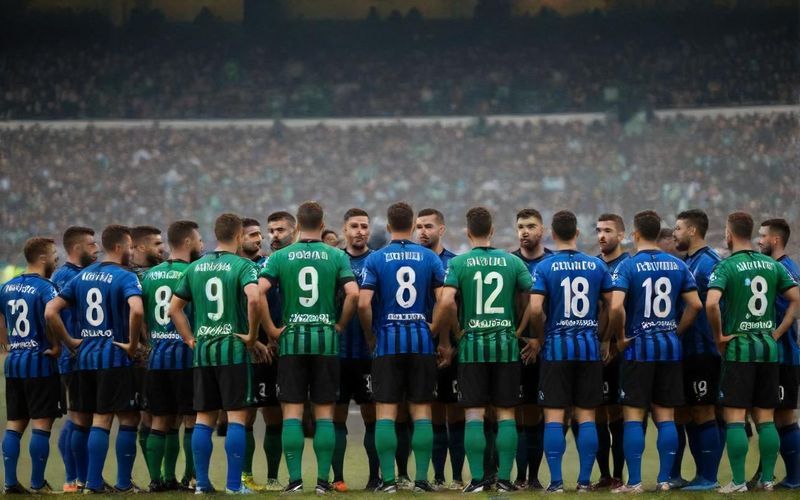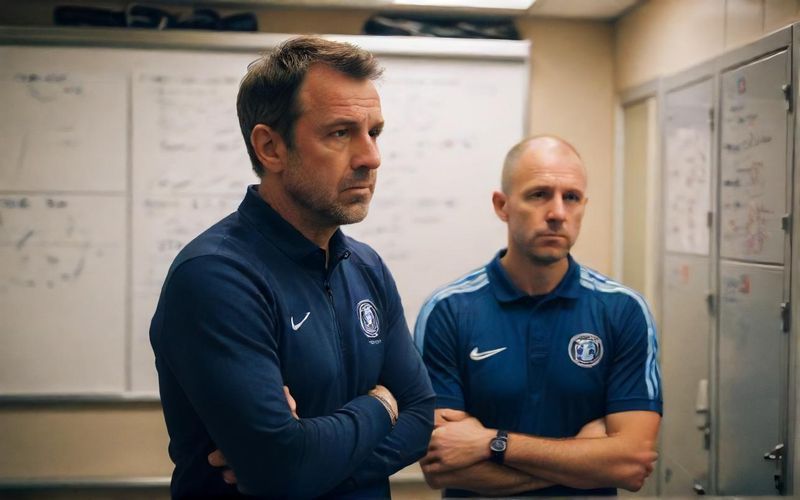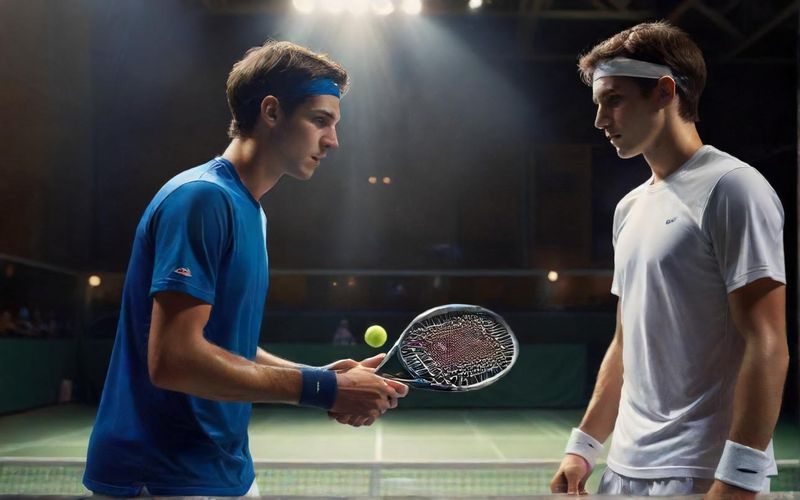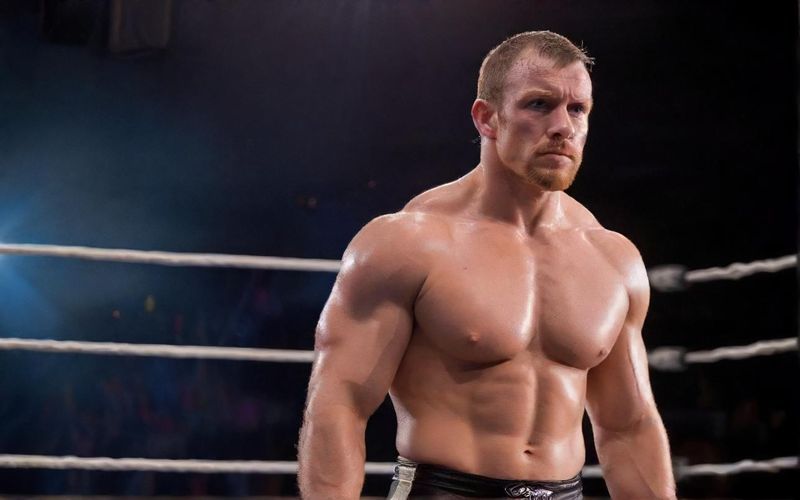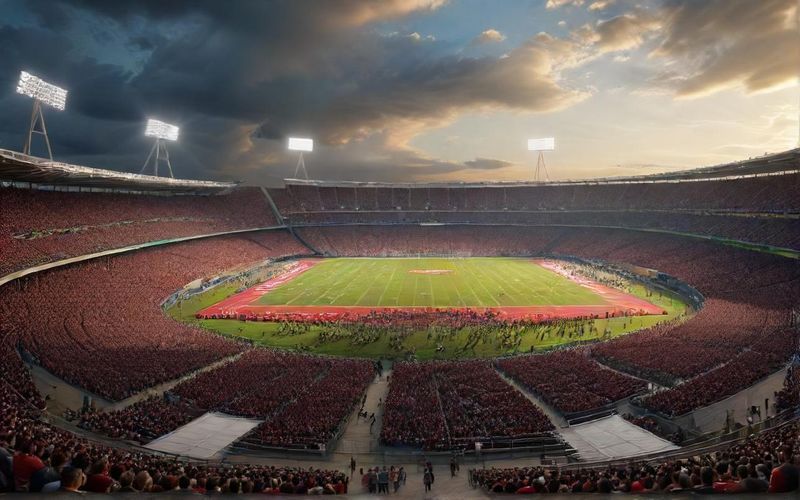Kiwis Star's Shock Choice: Family Over State
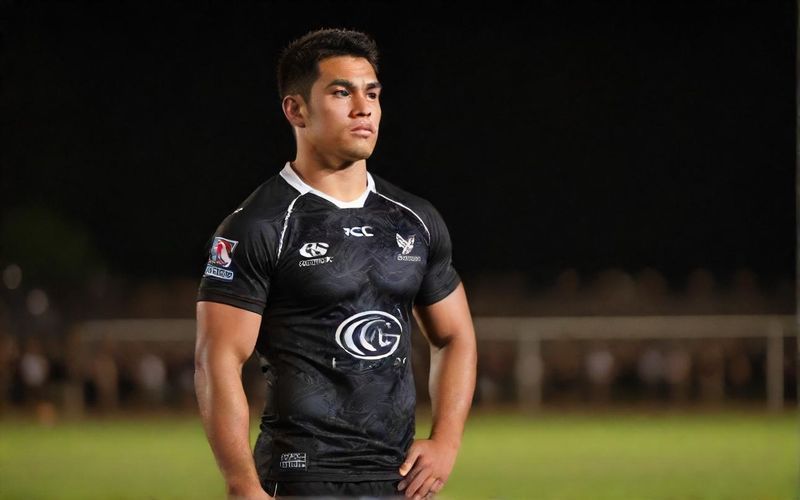
Consider Casey McLean. At just nineteen, this young man has burst onto the test scene with a ferocity and skill that makes you pause and marvel. Born and raised in Sydney, a city steeped in the rugby league fervor of the Australian system, McLean found himself at a crossroads many aspiring athletes face. He’d already represented New South Wales at the Under-19 level, a clear pathway to potentially pulling on that iconic sky blue jersey for the senior State of Origin. Yet, when the call came from Kiwis coach Stacey Jones, McLean’s decision, he explains, was “pretty easy.” It was, at its core, about family.
This wasn't a choice made in a vacuum. McLean's parents emigrated from New Zealand, and while he didn't grow up on the "motherland," his connection to it is palpable, nurtured by annual trips and a deep-seated pride in his heritage. He speaks of representing his "whānau," a word that carries immense weight, signifying a collective identity that transcends geographical boundaries. Even amidst friendly ribbing from schoolmates, his resolve to honor his roots remained unshaken. This personal conviction, this grounding in family and culture, is what makes McLean’s journey so compelling. It’s a powerful reminder that for many, the truest form of representation isn't just about where you play, but where your heart truly lies.
McLean’s lineage itself is a testament to the sport's enduring appeal across generations and borders. His father, Willie, was a standout in New Zealand’s domestic scene before forging a path in Australia. His uncle, Alex Chan, donned the Kiwi jumper, and his cousin, Joe Chan, is currently making his mark in the NRL. This is not just a young player finding his way; it’s a continuation of a sporting legacy, a lineage that has now found its ultimate expression on the international stage. And what an expression it has been. Scoring seven tries in his first three internationals, including a stunning four on debut against Papua New Guinea, McLean has delivered performances that have not only astounded fans but also earned the quiet admiration of seasoned professionals.
His emergence is particularly significant as we look towards future tournaments, like the much-anticipated toa samoa vs kiwis 2025 clash. This isn't just about individual brilliance, though McLean is undoubtedly a focal point. It’s about the evolving landscape of international rugby league, where allegiances are deeply personal and the desire to represent one’s heritage is a powerful driving force. Samoa, with players like Payne Haas making a notable switch, is a testament to this growing trend, creating an increasingly vibrant and competitive Pacific Championships.
The Kiwis, as the reigning champions, understand the weight of expectation. Yet, with a blend of seasoned veterans like Kieran Foran, who is nearing the end of a storied international career, and emerging talents like McLean, they possess a formidable combination. The team’s strength lies not just in individual skill, but in the palpable sense of unity and trust that McLean highlights. “Knowing we’ve got our brother’s backs for the whole 80 minutes,” he notes, “that helps my confidence grow.” This mutual reliance, this belief in one another, is the bedrock of any championship-contending side.
As the roar of the crowd fades and the focus shifts to what comes next, it's the human stories that truly resonate. Casey McLean's choice, his remarkable performances, and the deep sense of family and heritage he embodies, offer a glimpse into the soul of modern rugby league. It’s a sport that continues to draw diverse talents, uniting them under flags that represent not just nations, but deeply held identities. Will this influx of passionate players, united by heritage and ambition, continue to elevate the Pacific Championships into an even more captivating spectacle in the years to come?
